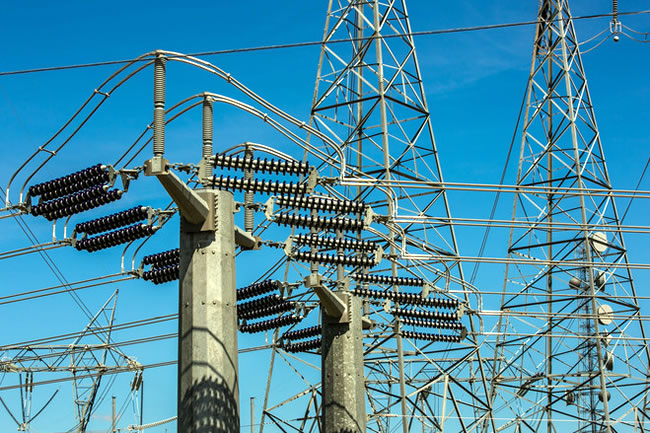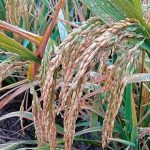Agriculture is a cornerstone of Nigeria’s economy, contributing significantly to the country’s Gross Domestic Product (GDP) and employing a large portion of its workforce. However, the sector faces numerous challenges, one of which is the scarcity and unreliability of electricity. This article delves into the intricate relationship between electricity and agriculture in Nigeria, examining the challenges posed by inadequate power supply and exploring potential opportunities for growth and development.
The Role of Electricity in Modern Agriculture
Electricity plays a pivotal role in modern agriculture, enabling the use of advanced technologies and techniques that enhance productivity, efficiency, and sustainability. In Nigeria, where agriculture remains predominantly subsistence-based, the lack of reliable electricity hinders the adoption of these technologies and limits the sector’s growth potential.
Some key areas where electricity is crucial in agriculture include:
1. Irrigation: Electric-powered irrigation systems enable farmers to water their crops consistently, regardless of weather conditions or seasonal fluctuations. This ensures optimal crop growth and helps mitigate the risks associated with unpredictable rainfall patterns.
2. Mechanization: Electricity powers various agricultural machinery, such as tractors, harvesters, and threshers, which can significantly increase productivity and reduce the manual labor required in farming.
3. Post-harvest storage and processing: Electricity-driven refrigeration and processing equipment help preserve and add value to agricultural produce, reducing post-harvest losses and increasing farmers’ income.
4. Research and extension services: Electricity is essential for powering research facilities, laboratories, and communication systems that facilitate the exchange of knowledge and best practices among farmers and agricultural professionals.
Challenges Posed by Inadequate Electricity Supply
Nigeria’s electricity sector has long been plagued by issues such as inadequate infrastructure, poor maintenance, and corruption, resulting in chronic power shortages and unreliable supply. This situation has had several detrimental effects on the agricultural sector:
1. Limited access to irrigation: The lack of reliable electricity makes it difficult for farmers to invest in and operate irrigation systems, forcing them to rely on rain-fed agriculture. This exposes crops to the unpredictability of weather patterns and increases the risk of crop failure.
2. Manual labor-intensive farming: With limited access to mechanized equipment, Nigerian farmers are often forced to rely on manual labor, which is time-consuming, physically demanding, and less productive.
3. Post-harvest losses: Inadequate electricity supply hampers the use of refrigeration and processing technologies, leading to significant post-harvest losses due to spoilage and deterioration of agricultural produce.
4. Lack of access to information and knowledge.





